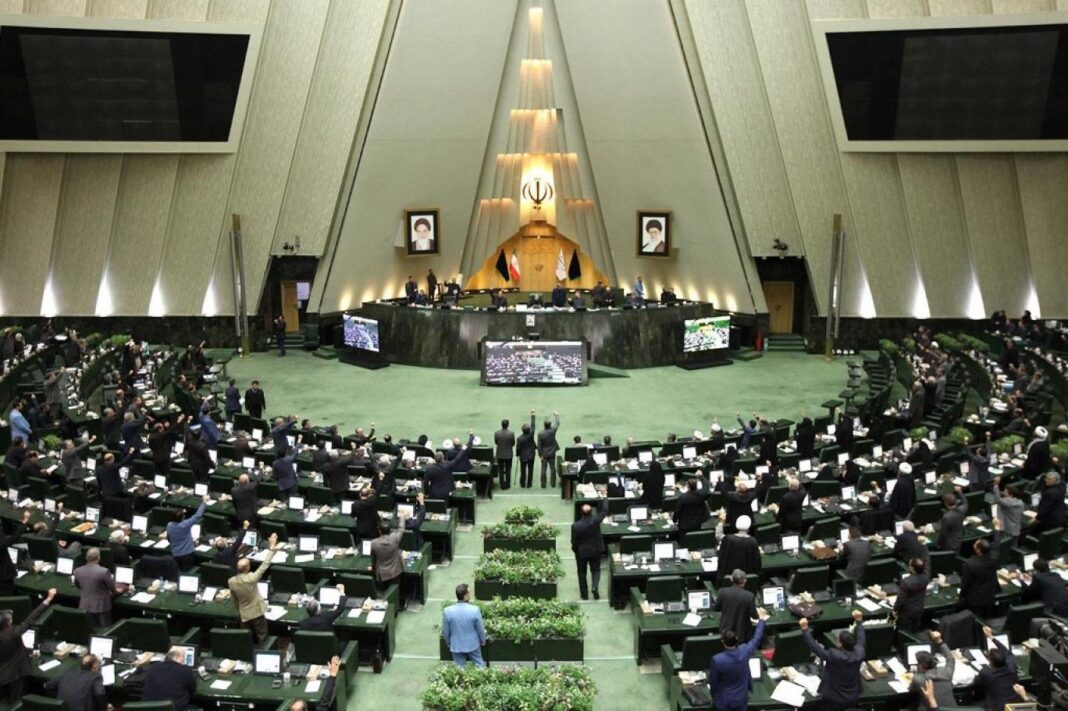In a letter to President Hassan Rouhani, Parliament Speaker Mohammad-Baqer Qalibaf announced the law which would seek to have anti-Iran sanctions lifted and safeguard national interests.
“The letter obliges the government to implement the law,” said Ahmad Amirabadi, a member of the Parliament’s Presiding Board.
Earlier, the Guardian Council had approved the plan after corrections were made to it, and sent the legislation back to the Parliament.
Article one of the law instructs the Atomic Energy Organization of Iran (AEOI) to, immediately after the ratification of the act, produce 20%-enriched uranium for peaceful purposes and stockpile at least 120 kilogrammes of it annually, and fully and promptly meet domestic need for uranium enriched above 20-percent purity level for peaceful purposes.
Article two of the act also instructs the AEOI to increase, by at least 500 kilogrammes a month, the capacity for uranium enrichment and producing uranium enriched at purity levels suitable for each of peaceful purposes in the country, and to maintain and stockpile the enriched material.
Moreover, the law obliges the government to, two months after the legislation becomes binding in parliament, stop allowing inspections which go beyond the Safeguards Agreement, including the voluntary implementation of the Additional Protocol if the other signatories to the Iran nuclear deal fail to fully make good on their commitments toward Iran and banking relations are not normalized and obstacles to exports and Iran’s sale of oil products are not fully removed and forex proceeds from sales are not immediately and fully returned to the country.
It is stipulated in the law that anyone refusing to implement the law or blocking the implementation of the legislation will be subject to discretionary punishment under the Islamic Penal Code.
